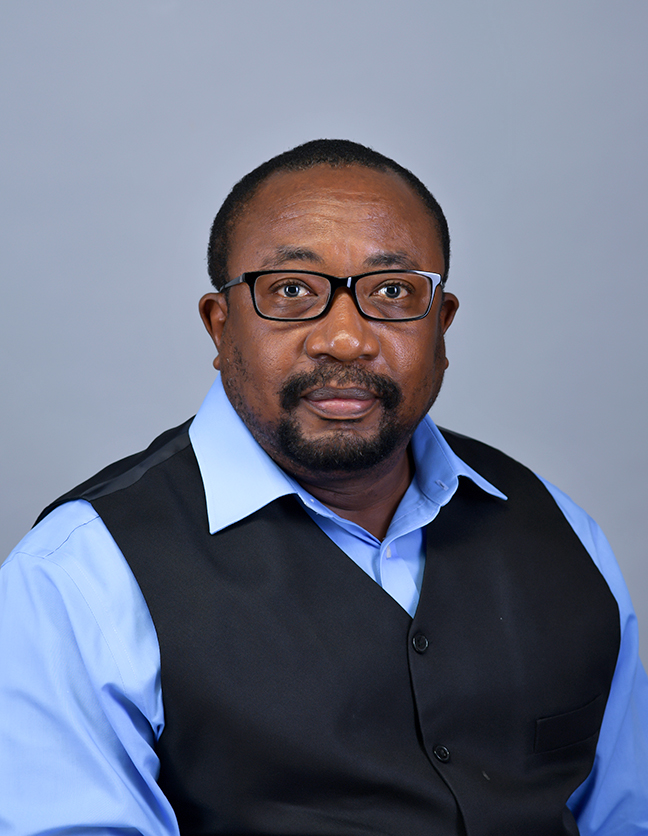
Dr. Ernest Cole: Why Do Stories Matter?: Engaging History, Black Identity, and Return Migration in Yaa Gyasi’s Homegoing

The lecture focuses on the legacies of slavery in the context of history, culture, and identity. It explores the role of neo-slave narratives in engaging official historical narratives of the past and their representations of the human experience. It examines the attempts of African Americans to negotiate the struggle for integration and gestures to the possibilities of returning to their ancestral homeland, as both a recognition of a hybridized identity with Africans and the projection of an alternate and futuristic form of existence.
Ernest Cole, PhD is the John Dirk Werkman Endowed Professor and Chair of English at Hope College, Holland, Michigan, where he teaches Postcolonial literatures of Sub-Saharan Anglophone Africa, India, and the Caribbean. Previously he taught African literature at Fourah Bay College, University of Sierra Leone; The Gambia College; and the University of The Gambia. He has published two monographs — Theorizing the Disfigured Body (2014) and Space and Trauma in the Writing of Aminatta Forna (2017), and two collected volumes — Emerging Perspectives on Syl Cheney Coker (2014), with Eustace Palmer, and Ousmane Sembene, Writer, Filmmaker, & Revolutionary Artist (2016), with Oumar Cherif Diop. His essay “Decentering Anthropocentrism: Human-Animal Relations in Aminatta Forna’s Happiness” won the Abioseh Porter Prize for the best article on African literary studies published in a major peer-reviewed journal in 2019. His current research is on return migration of the African diaspora and his monograph (under review) is titled Black Bodies in White Spaces: The Challenges to Migration and Possibilities of Return. He is married to Everetta Cole, and they have two daughters, Ernesta, and Tunde.
